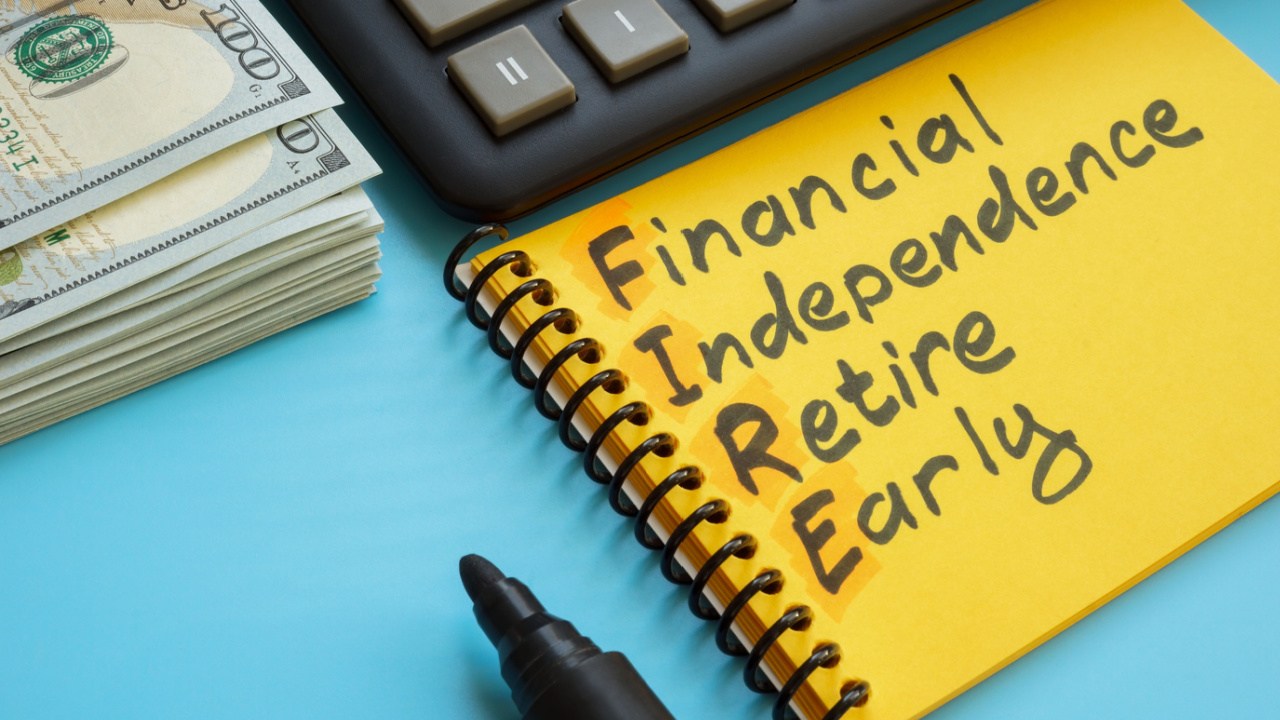

Bad financial advice is everywhere, and it can be hard to spot. Following the wrong guidance can lead to money troubles and missed opportunities. Let’s debunk some of the worst financial tips out there so you can steer clear and make smarter money moves.
“You Don’t Need a Budget”
This advice is a fast track to financial chaos. Without a budget, you’re flying blind with your money. A budget isn’t about restricting yourself; it’s about understanding where your cash goes. It helps you make informed decisions and ensures you’re spending on what really matters to you. Skipping the budget often leads to overspending and wondering where all your money went at the end of the month.
“Credit Cards Are Evil”

While credit cards can be misused, they’re not inherently bad. Used responsibly, credit cards can help build your credit score, offer purchase protection, and even earn rewards. The key is to treat your credit card like cash and pay off the balance in full each month. Avoiding credit cards altogether can make it harder to build a credit history, which you might need for future loans or rentals.
“Invest Only in What You Know”

This advice can severely limit your investment options. While it’s important to understand your investments, sticking only to familiar companies or industries can lead to a lack of diversification. A well-rounded portfolio often includes investments in various sectors and even countries. Don’t be afraid to learn about new investment opportunities or seek advice from financial professionals.
“You Need to Time the Market”

Trying to time the market is a gamble, not a strategy. Even professional investors struggle to consistently predict market ups and downs. Instead of trying to buy low and sell high, consider a steady, long-term approach like dollar-cost averaging. This method involves investing a fixed amount regularly, regardless of market conditions. It can help smooth out the impact of market volatility over time.
“Renting Is Throwing Money Away”

This myth has led many people to buy homes before they’re financially ready. Renting isn’t throwing money away; it’s paying for a place to live. Homeownership comes with many hidden costs like property taxes, maintenance, and repairs. Sometimes, renting can be the smarter financial choice, especially if you’re not planning to stay in one place long-term or if you live in an expensive housing market.
“You Don’t Need Insurance if You’re Young and Healthy”

Youth and good health don’t make you invincible to accidents or unexpected illnesses. Insurance isn’t just for older folks. Having proper health, disability, and even life insurance can protect you from financial ruin if something unexpected happens. The younger and healthier you are, the cheaper these policies usually are. It’s better to have insurance and not need it than to need it and not have it.
“Always Go for the Cheapest Option”

While being frugal is generally good, always choosing the cheapest option can backfire. Sometimes, paying a bit more for quality items can save you money in the long run. This is especially true for things you use frequently or items that impact your safety. Consider the cost per use and the item’s lifespan when making purchases. Spending wisely often means finding the right balance between price and quality.
“You Need a Lot of Money to Start Investing”

This outdated advice keeps many people from growing their wealth. Thanks to modern investment apps and platforms, you can start investing with very little money. Many brokerages offer fractional shares, allowing you to buy portions of expensive stocks. Even small, regular investments can add up over time thanks to compound interest. Don’t wait until you have a large sum to start investing; time in the market is often more important than timing the market.
“Pay Off All Debt Before Saving”

While tackling high-interest debt should be a priority, completely avoiding saving until you’re debt-free can be risky. It’s important to build an emergency fund even while paying off debt. Without savings, you might need to take on more debt if unexpected expenses arise. Aim for a balanced approach: pay down debt aggressively while also setting aside some money for savings and emergencies.
“You Don’t Need to Save for Retirement Yet”

The earlier you start saving for retirement, the better. Time is your biggest ally when it comes to building wealth, thanks to compound interest. Even small contributions in your 20s and 30s can grow significantly by retirement age. If your employer offers a 401(k) match, try to contribute enough to get the full match. It’s essentially free money for your future self.
“Avoid All Debt at All Costs”

Not all debt is created equal. While high-interest consumer debt can be harmful, some types of debt can be useful tools. For example, a mortgage can help you build equity in a home. Student loans might increase your earning potential. A business loan could help you start a profitable venture. The key is to use debt strategically and responsibly, always considering the potential return on investment.
“You Should Have X Times Your Salary Saved by Age Y”

One-size-fits-all financial advice rarely works for everyone. Your savings goals should depend on your individual circumstances, lifestyle, and retirement plans. Instead of comparing yourself to arbitrary benchmarks, focus on setting personal financial goals. Consider factors like your desired retirement age, expected expenses, and potential sources of income. A personalized approach will serve you better than generic rules of thumb.
“If You Can Afford the Monthly Payment, You Can Afford It”

This advice can lead to overextending yourself financially. Just because you can make the monthly payments doesn’t mean you should buy something. Consider the total cost of ownership, not just the monthly payment. This is especially important for big purchases like cars or houses. Factor in additional costs like insurance, maintenance, and the opportunity cost of tying up your money in the purchase.
“Cryptocurrencies Are a Sure Way to Get Rich Quick”

Cryptocurrencies have gained a lot of attention, but they’re far from a guaranteed path to wealth. Like any investment, cryptocurrencies come with risks. Their value can be extremely volatile, and the market is largely unregulated. While some people have made money with crypto, others have lost substantial amounts. If you’re interested in cryptocurrencies, do thorough research and only invest what you can afford to lose.
“You Don’t Need Professional Financial Advice”

While it’s great to educate yourself about personal finance, sometimes professional advice can be invaluable. A financial advisor can offer personalized guidance based on your specific situation and goals. They can help with complex financial decisions, tax planning, and investment strategies. If you’re facing big financial decisions or feeling overwhelmed, consider seeking professional advice. Just make sure to choose a reputable advisor who has your best interests in mind.
14 Pieces of Outdated Money Advice That Can Derail Your FIRE Plan

FIRE – Financial Independence, Retire Early. That’s the dream, right? Quit the rat race and live life on our own terms. It’s totally doable. Plenty of people join the FIRE movement and manage to retire pretty quickly. And there’s a LOT of advice out there on how to do it. Sadly, much of the advice is outdated or just plain bad.
12 Money Mistakes That Can Leave You Vulnerable in a Crisis

In times of uncertainty, financial stability is more crucial than ever. While prepping for physical emergencies is vital, don’t overlook financial prepping. Avoiding these common money mistakes can help make sure you’re in a stronger position to weather any storm.
Surviving the Crash: 17 Hot Takes on Crypto in a Post-Collapse World

With recent global unrest and economic uncertainties, many people are starting to worry about the stability of our money. They’re looking for new options like cryptocurrencies. Using digital money might sound strange, but it’s becoming more common. Big names like Bitcoin and Ethereum are leading the way. This article will look at how cryptocurrency could change things in a shaky economy. We’ll discuss the good and bad sides of using digital money. Get ready to learn about the crypto world and how it might affect our financial future!

